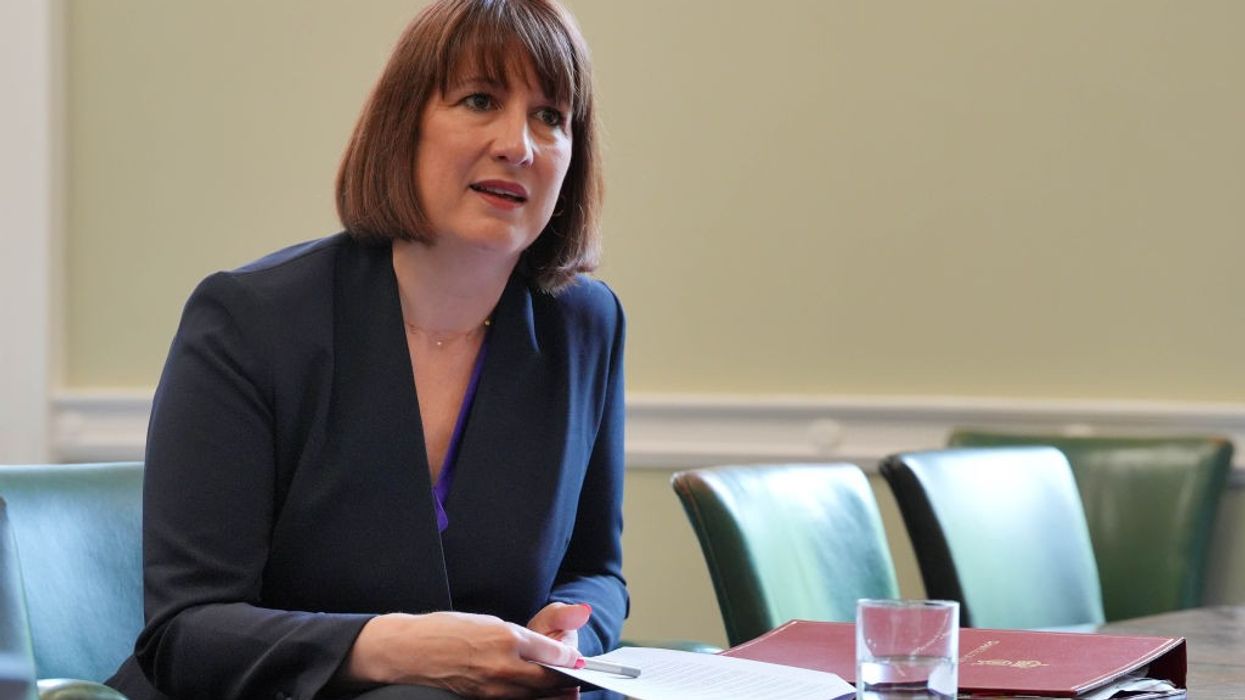RACHEL Reeves is expected to raise the capital gains tax rate on the sale of shares and other assets in her budget statement on 30 October. The increase for share sales is likely to be by several percentage points.
Alongside this, Reeves is anticipated to end certain reliefs in the current capital gains tax regime to boost revenues, aiming to improve public finances and avoid austerity, The Times reported on Wednesday.
While the report did not specify sources, it said that the capital gains tax on the sale of second homes would remain unchanged. However, some reliefs under the current regime are expected to be reduced to help raise more revenue.
The chancellor is expected to maintain the current capital gains tax rate on second homes and buy-to-let properties, with concerns that raising this rate could have negative financial consequences.
Currently, capital gains tax applies to profits exceeding £3,000 from the sale of assets, though self-invested personal pensions (SIPPs) and ISAs are exempt. According to The Times, there are about 12.5 million private shareholders, but only 350,000 pay this tax annually.
As the first Labour budget since the party's election in July, the October statement is under close scrutiny. It is expected to reveal who will face higher taxes and where spending cuts may be made to address the country’s financial challenges, which Labour attributes to the previous government.
Earlier, two government sources told Reuters that Reeves is considering tax rises and spending cuts worth £40 billion as part of efforts to stabilise the economy while investing in public services.
The current capital gains tax rate for higher-income taxpayers ranges between 20 per cent and 28 per cent, depending on the type of asset. For share sales, the rate is 20 per cent.
Keir Starmer, earlier this week, dismissed speculation that the capital gains tax rate would rise to 39 per cent, calling such reports unfounded.
(With inputs from Reuters)




